Nutrition And Learning: A Close Relationship
Food is one of the key factors so that children can function properly in school. Keys to understanding this problem
Nobody has any doubt: a poorly nourished boy will have serious problems in all aspects of his life, including learning. However, even if this statement is repeated to the point of exhaustion, not everyone knows to what extent poor nutrition will determine the future of the little ones.
In dialogue with Hoy , the nutritionist and director of the Center for Studies on Food Policy and Economics (Cepea), Sergio Britos , said that “the consequences of poor nutrition during early childhood and school age are really very deep and can mark the destiny of a person “.
Different stages
To explain how poor nutrition affects the learning process, Britos said that three distinctions should be made: first, what happens with children during the first two years of life; secondly, the consequences during the school stage; and, finally, the difficulties that appear when this problem is chronic.
“In the first months, nutrition plays a fundamental role because it prepares the conditions of the boy’s education in the future,” said the expert.
Therefore, if during this stage children suffer from anemia, they probably have more difficulties when they enter the garden or school than their peers. “At this moment, the consequences of anemia are very complex and, although it is not impossible, they are very difficult to reverse”, added Britos.
On the other hand, when it comes to poor diet at school age the consequences are seen in the performance since “the boy who, for example, does not eat breakfast or does poorly, will have more difficulty paying attention or with short-term memory . Fundamentally, in these cases there is a deficit in the capacity for abstraction, which undermines the possibility of solving abstract problems such as mathematics, “illustrated Britos.
Finally, the specialist referred to the most extreme cases: when the poor diet is chronic: “The children who are in this situation have their entire organism affected. Here, the problem is really very serious and should be covered from many areas, “he explained.
Vitamin D: the secret of longevity?
Vitamin D (the one generated by the body when we expose ourselves to the sun) is a topic of discussion in medicine: while some insist on its regenerative capacity of cells, others insist that it has nothing to do with longevity. However, a new work carried out by the German Cancer Research Center in Heidelberg (Germany) once again underlined the positive effects of its use.
The researchers collected eight studies from the United States and Europe and analyzed, as a group, all the results. As they could see, those who had low levels of Vitamin D were 1.5 times more likely to die from heart disease.
According to the authors of the work, this experiment provides the basis to continue with deeper investigations so that in the future it can be determined with certainty if such link exists.
Iron to improve physical performance
The World Health Organization reported that, worldwide, one of every four women of childbearing age has iron deficiency or anemia and warned that this deficiency is even more evident in those who dedicate themselves to sports.
For this reason, a group of researchers published an investigation in which they insisted that women who take iron supplements improve their performance to the maximum in exercise. In addition, these supplements help breathing and oxygen transport is more efficient throughout the body.


